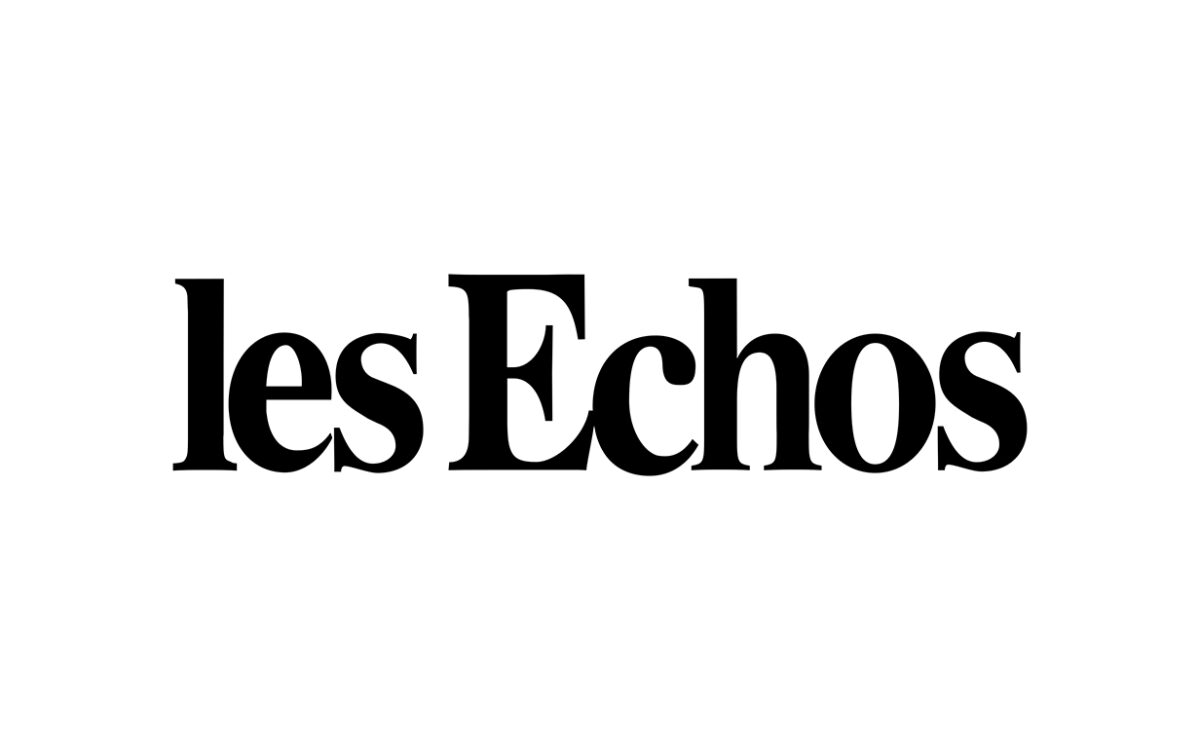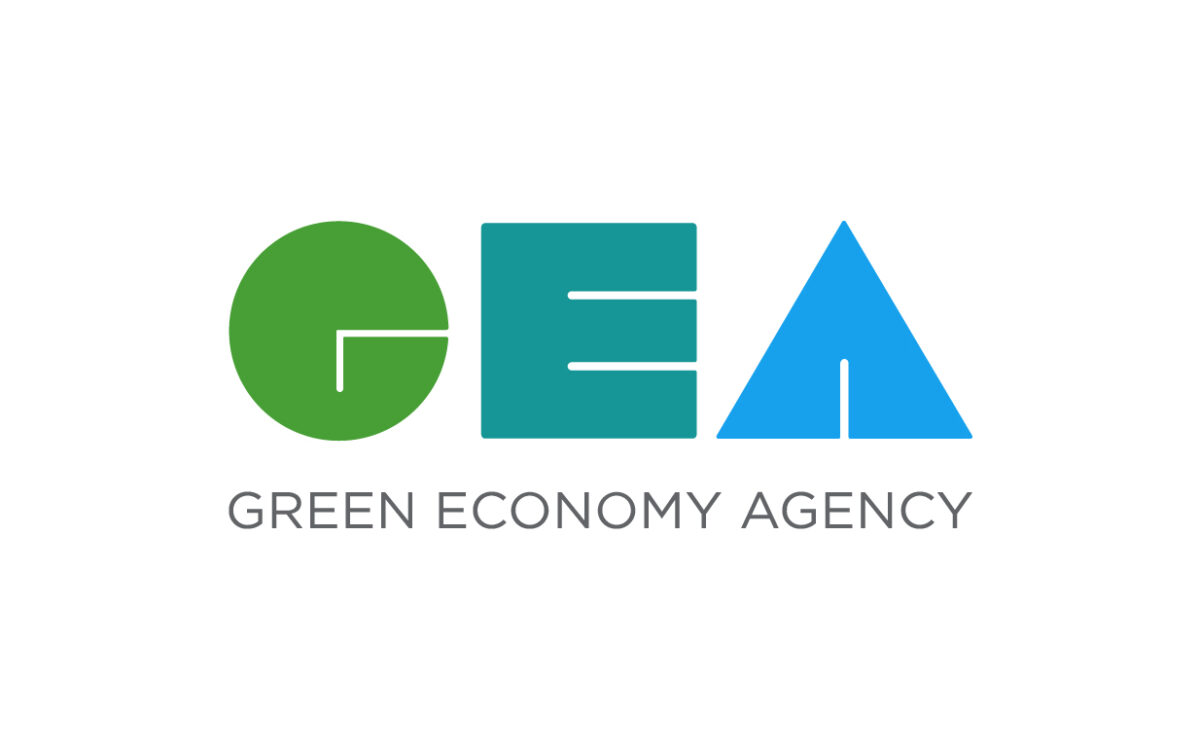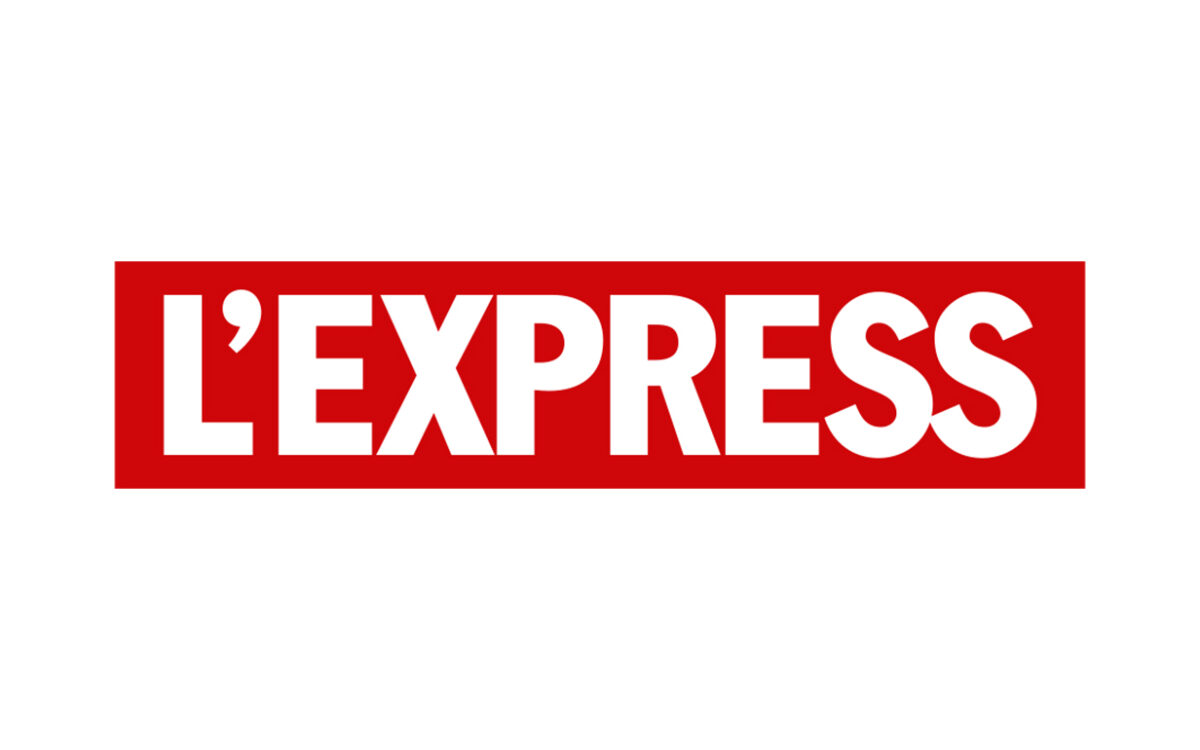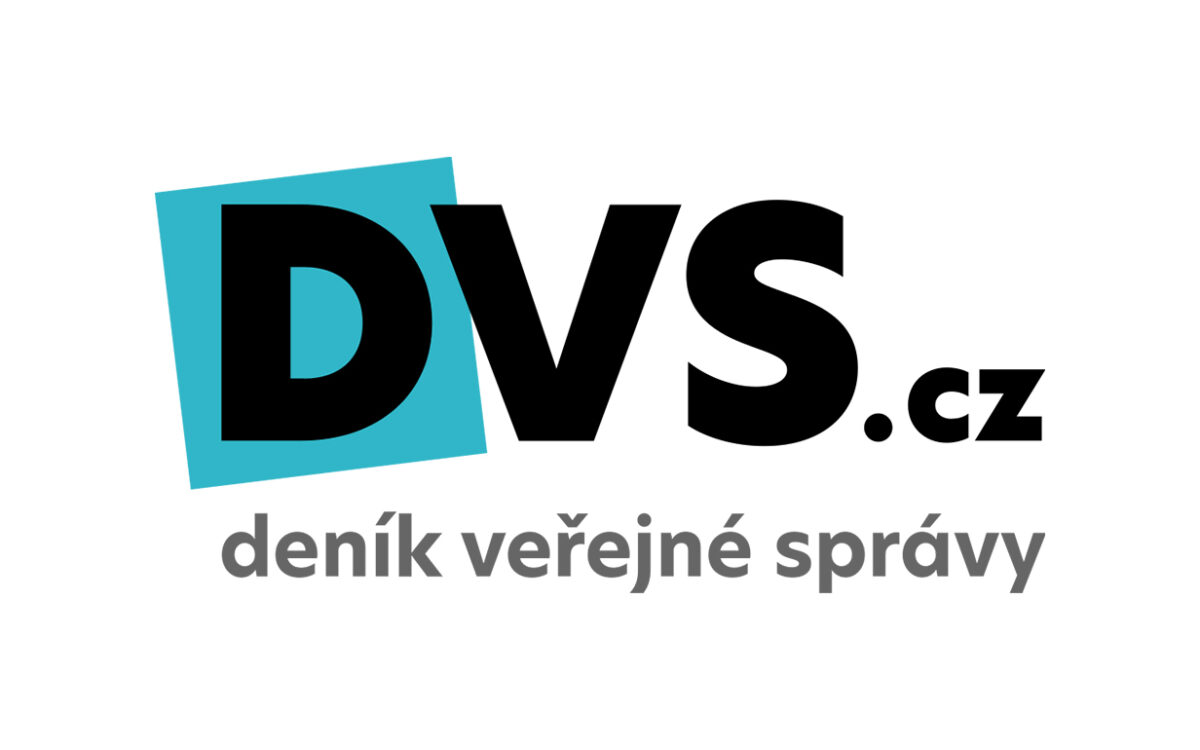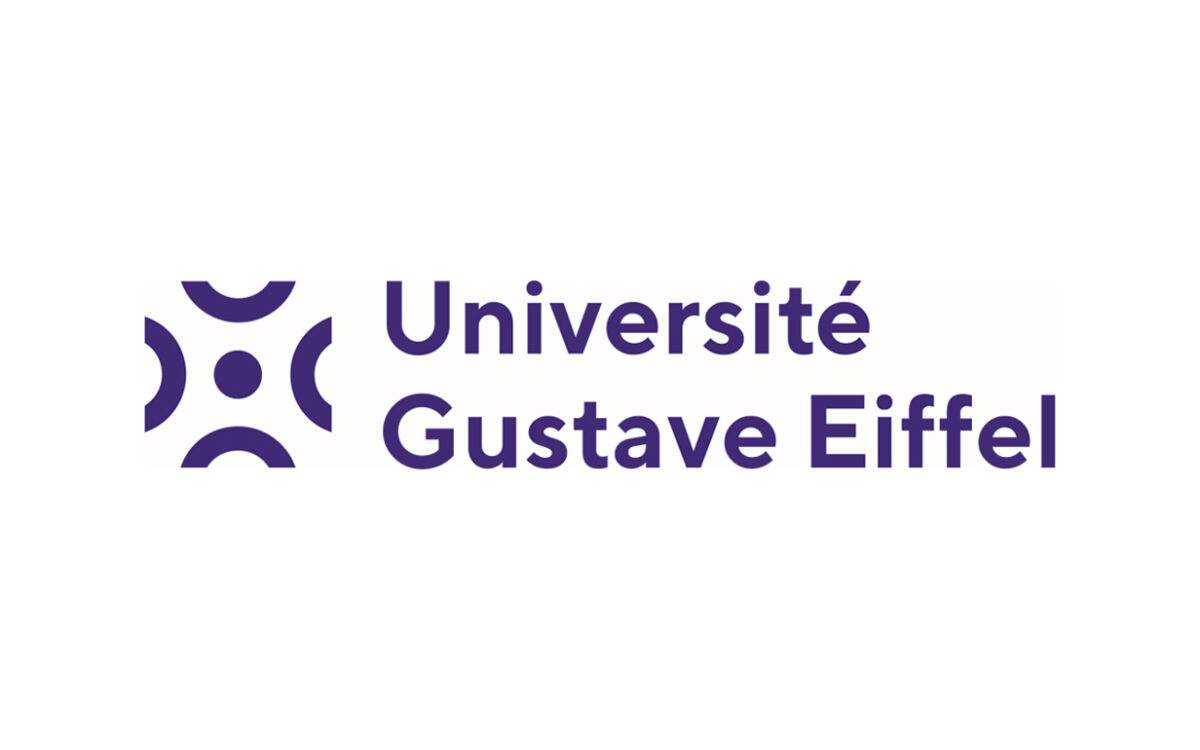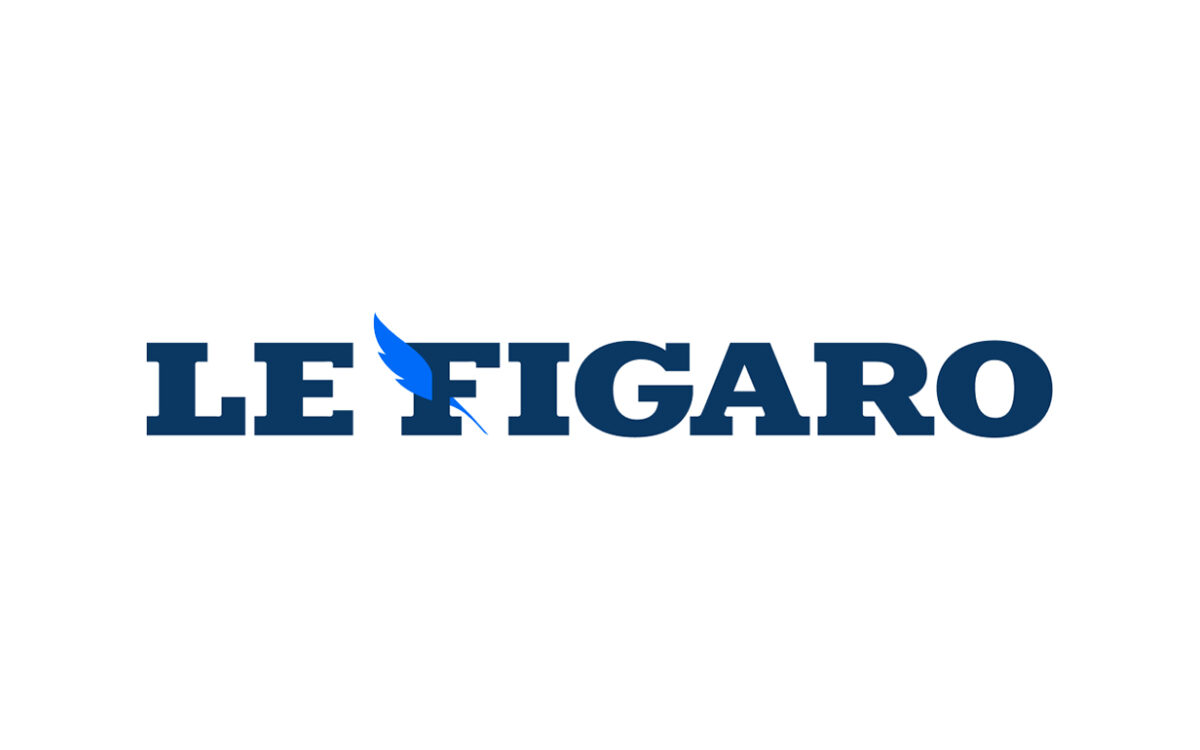EPICENTER in the Media
December 14, 2023
Two comprehensive studies have shown the continued deterioration of the French education system, with the OECD education expert Eric Charbonnier acknowledging the severity of the decline, especially among disadvantaged students. Minister Gabriel Attal emphasises the need for a shift in mindset and increased school autonomy to address this concerning trend.
December 13, 2023
The article by Carlo Stagnaro, Director of Istituto Bruno Leoni discusses how the debate over the liberalisation of the electricity market, eventually became political, overshadowing practical concerns. Despite being a milestone in Italy’s National Recovery and Resilience Plan (PNRR), the Energy Decree faced delays and uncertainties, leading to reputational damage for the market and its stakeholders.
December 11, 2023
Giuliano Zulin provides five tips for navigating the transition to the free gas market, with insights from Carlo Stagnaro, Director of Research and Studies at the Bruno Leoni Institute, aimed at helping the four million Italians who must make decisions by January.
December 8, 2023
The article, which discusses the latest Pisa rankings, emphasises that merely pouring money into a problem isn’t sufficient to solve it. Despite substantial investments in education and training, France’s position continues to decline, as noted by Cécile Philippe, President of the Molinari Economics Institute and columnist for Echos.
December 7, 2023
The Express writer Eric Chol cites IEM’s study into France’s decline in education despite its increased resources, and advocates for stopping the losing streak in the education system. IEM are quoted comparing the current French system with other European countries to highlight France’s lack of competitiveness in the sector.
December 7, 2023
In an interview, Pierre Bentata, author of a study on the effectiveness of the French education system, outlines strategies for improving performance at lower costs. The study, conducted by the Institut économique Molinari, highlights the disparity between public funding and educational outcomes, suggesting that neighbouring European countries outperform France without spending more.
December 6, 2023
The Liberal Institute recommendations for education were covered here, advocating for reduced regulations for establishing kindergartens and unified digitalisation strategies for primary and secondary education. These findings are part of a series of studies published by the LI, aiming to address wider societal issues in collaboration with other European economic think tanks.
December 5, 2023
The inefficiency in French education and training costs 16 billion euros annually, as revealed by a study from the Molinari Economics Institute. The institute compares cost-effectiveness across 30 European countries in primary, secondary, and higher education systems.
December 5, 2023
The joint study between IEM and Le Figaro features in this article written by Maria-Cécile Renault. It explores the underutilisation of pension capitalisation in France as a means to enhance retirement benefits. It discusses the potential benefits of implementing a capitalisation system and highlights the current challenges and limitations within the French pension landscape.
